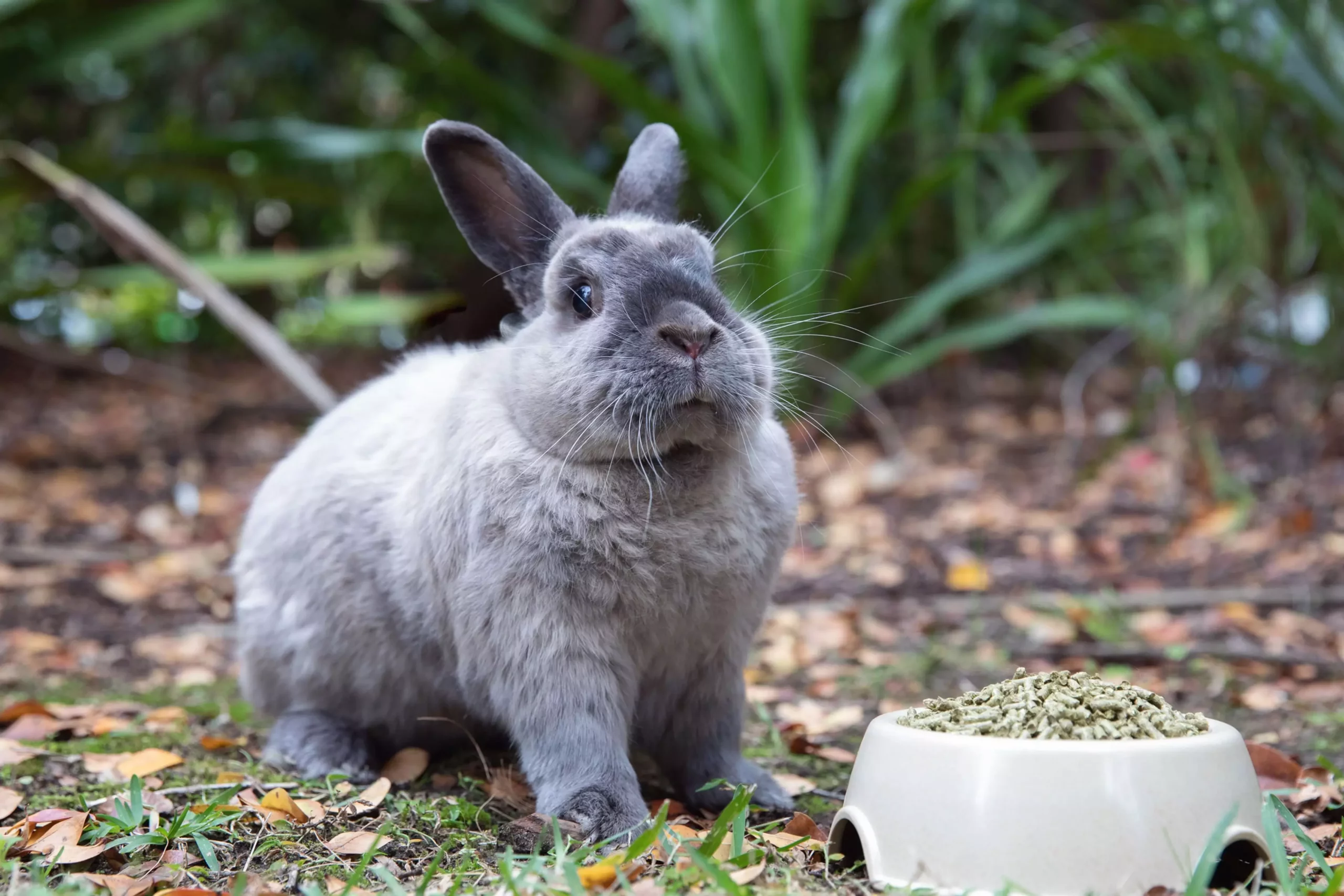Rabbits are renowned for their playful and curious nature, often engaging in the peculiar behavior of chewing on nearly anything within reach. However, when a rabbit suddenly ceases to eat, it serves as a significant red flag that pet owners should not ignore. Unlike other pets, a lack of appetite in rabbits can be a clear indication of a serious health crisis, necessitating immediate attention. Understanding the potential causes and what steps to take can make a crucial difference in ensuring your furry friend’s recovery.
When rabbits exhibit a sudden change in eating habits, the common underlying issue is gastro-intestinal stasis, more commonly referred to as ileus. This condition occurs when the normal rhythmic contractions of the intestines—which facilitate the movement of food through the gastrointestinal tract—either slow down or halt altogether. This is particularly dangerous for rabbits, as it can quickly lead to severe complications and even fatal outcomes if left unaddressed.
Ileus is typically symptomatic of other health problems, ranging from dental issues like overgrown teeth and dental disease to serious infections and neurological disorders. Stress from environmental changes, insufficient fiber intake, or even urinary tract diseases can also contribute to a rabbit’s refusal to eat. These factors create a pressing need for acute awareness and monitoring of a rabbit’s general health and routine.
Gauge your rabbit’s condition by observing any obvious signs. Overgrown incisors or visible lumps from tumors and abscesses are vital cues that suggest an underlying problem. Changes in fecal output should also be closely monitored; a reduction in feces, alterations in texture, or complete cessation are alarming indicators. Additionally, diminished interest in favorite treats, noticeable weight loss, inactivity, and teeth grinding are key behaviors that warrant immediate veterinary consultation.
Moreover, subtle signs of distress may not be evident right away. Pet owners should take the time to thoroughly assess their rabbit’s environment and routines. Simple changes—like a shift in daily schedule, introduction of new pets, or variations in their living space—can be sources of stress leading to appetite loss.
If you notice your rabbit has stopped eating, it’s imperative to act swiftly. Although attempting minor home remedies can be beneficial in the initial hours, awaiting a professional evaluation is crucial. In the interim, enticing your rabbit with mixed-vegetable baby food can help stimulate its appetite. If necessary, administer it with a syringe for safe consumption.
Encouraging your rabbit to exercise and performing gentle belly massages can enhance gut motility and facilitate digestion. Also, ensuring adequate hydration is essential; offering a clean water bowl, a water bottle, or even an electrolyte solution can support your rabbit’s health while recovering.
If your rabbit continues to refuse food, immediate veterinary intervention is not just advisable, but critical. In many cases, a vet might administer IV fluids, prescribe pain relief, or suggest specific dietary formulations designed for sick animals, ensuring your rabbit gets necessary nutrients during their recovery.
Veterinarians will often conduct a series of diagnostic procedures including physical exams, blood analyses, and imaging tests to determine why a rabbit has stopped eating. Frequently, a thorough dental check and assessments for infection or parasites in the digestive system are necessary for a comprehensive evaluation.
Preventive measures play a pivotal role in ensuring long-term well-being. Regular dental care can effectively prevent overgrown teeth that contribute to eating challenges. Maintaining a clean living environment minimizes the risk of infections, and providing a consistent diet high in fiber, fresh greens, and ample water supports a healthy digestive system.
Creating a stable, nurturing environment that limits stressors is equally important. Sudden temperature changes or disruptions in routine can upset a rabbit’s delicate balance, leading to gastrointestinal issues.
Monitoring your rabbit’s eating habits is crucial for their health. Signs of appetite loss should always be taken seriously—prompt veterinary care can mean the difference between life and death for your furry companion. Educating yourself about potential health risks, preventative care, and immediate action steps can empower pet owners and enhance the quality of life for their rabbits. Always consult a veterinarian for accurate advice tailored to your pet’s health needs. Taking proactive measures will not only benefit your rabbit in times of crisis but also contribute to their long-term well-being.

